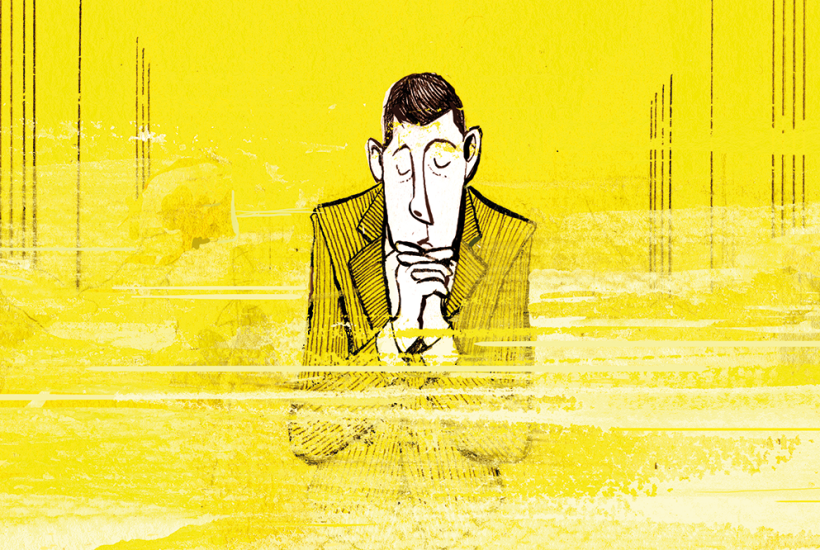![]()
00:00
06:18
Marcus Walker has narrated this article for you to listen to.
When the Roman Emperor Justinian finished building the Hagia Sophia church in Constantinople in 537 he compared it to the great temple in Jerusalem. ‘Solomon, I have surpassed thee,’ he declared. Some 400 years later, as visiting ambassadors from Kyiv were led into the same ethereal structure, they remarked: ‘We did not know if we were in heaven or earth.
Already a subscriber? Log in
Subscribe for just $2 a week
Try a month of The Spectator Australia absolutely free and without commitment. Not only that but – if you choose to continue – you’ll pay just $2 a week for your first year.
- Unlimited access to spectator.com.au and app
- The weekly edition on the Spectator Australia app
- Spectator podcasts and newsletters
- Full access to spectator.co.uk
Or
Unlock this article
You might disagree with half of it, but you’ll enjoy reading all of it. Try your first month for free, then just $2 a week for the remainder of your first year.








Comments
Don't miss out
Join the conversation with other Spectator Australia readers. Subscribe to leave a comment.
SUBSCRIBEAlready a subscriber? Log in